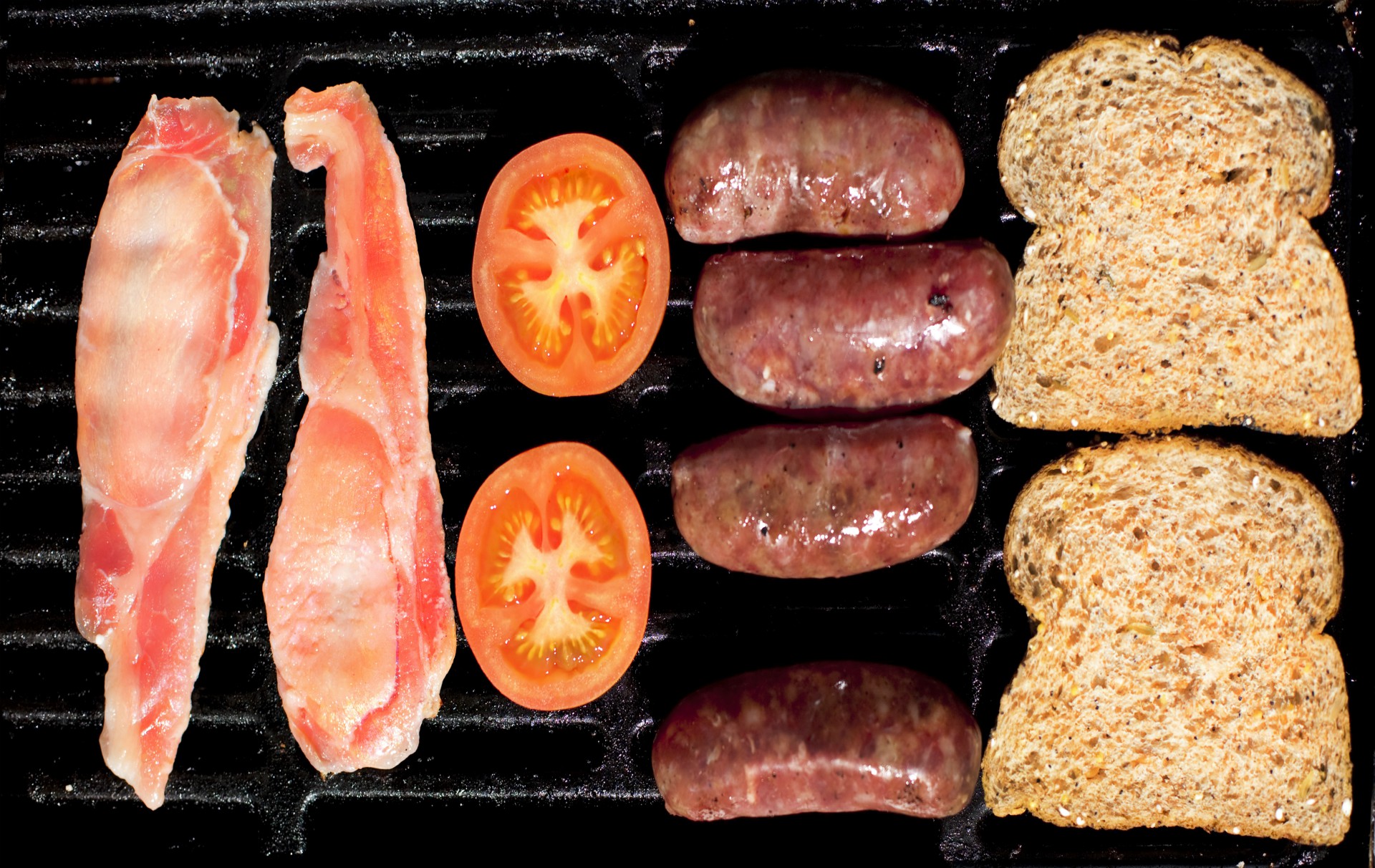Even moderate consumption of red meat and bacon can raise bowel cancer risk according to new study


People keeping to government dietary guidelines about red meat intake are at higher risk of developing bowel cancer, according to researchers.
Eating red meat or processed meat, such as bacon, beef, and sausages, just four times a week can significantly increase the risk of developing bowel cancer, despite moderate amounts being allowed by NHS guidelines.
Consuming red meat just once a day can increase an individual’s risk of developing bowel cancer by 20 per cent, according to a new University of Oxford research study.
The study on almost half a million men and women found that those who kept to the NHS guidelines, eating on average 76g of red meat per day, had a 20 per cent increased risk of bowel cancer in comparison to individuals who consumed on average 21g a day.
High consumptions of red meat and processed meat has previously been linked to bowel cancer.
However, new research by Oxford University suggests even a moderate intake can have a significant impact on developing bowel cancer.
The guidelines from the Department of Health and Social Care (DHSC) suggests any individual consuming more than 90g of processed meat a day should decrease this to 70g (just three bacon rashers) because of the known link to bowel cancer.
GoodtoKnow Newsletter
Parenting advice, hot topics, best buys and family finance tips delivered straight to your inbox.
The NHS has revealed that 90g of red meat are the equivalent to eating three slices of beef, ham or lamb.
The Oxford University study further reveals the risk of bowel cancer increased by 20 per cent with each extra slice of meat the participants consumed.

Bowel cancer is third most common type of cancer, with 23,000 individuals diagnosed with the disease each year.
Dr Julie Sharp, Cancer Research UK’s head of health information told The Independent: ‘This doesn’t necessarily mean cutting out red and processed meat entirely, but you may want to think about simple ways to reduce how much you have and how often.
'Although breaking habits we’ve had for a long time can be hard, it’s never too late to make healthy changes to our diet.
'You could try doing meat-free Mondays, looking for recipes using fresh chicken and fish, or swapping meat for pulses like beans and lentils in your usual meals.'

Sibelle Mehmet is a Junior Digital Writer at Goodto.com. She joined the team in April 2019 and was her first job since completing a MA in Magazine Journalism at City, the University of London in the summer of 2019. Sibelle previously interned at a number of national titles including OK!, Heat, Closer, Mother & Baby, and The Times Newspaper magazine. She's written extensively about the latest celebrity, showbiz, and royal news.